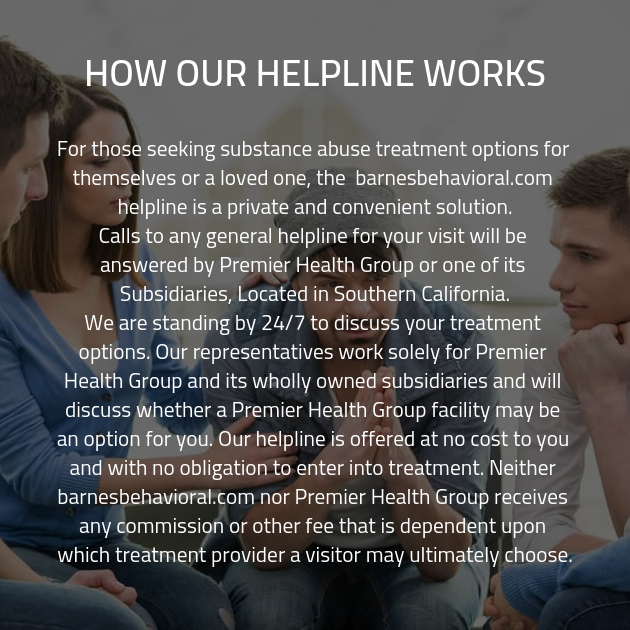4187 Piedmont Ave Oakland CA 94611
(415) 651-7492
An estimated 23 million individuals worldwide are in need of treatment for drug addiction annually. Approximately one-third of these individuals are also suffering from co-occurring mental health conditions. Co-occurring disorders refers to the mental disorders diagnosed among people struggling with alcohol and drug addiction. An addiction recovery facility at Oakland, California provides dual diagnosis and the requisite treatment plans for co-occurring disorders, coupled with a safe and comfortable environment to enhance the addiction recovery process.
Clients are guided through all the phases of the rehabilitation process, starting from detox though therapy to aftercare services. They also have a network of drug rehab centers in different parts of the country. They encourage you to seek assistance from a substance abuse treatment facility near you if you have alcohol and or drug addiction problem. An addiction program is open to any client seeking positive transformation in their daily lives.
Supervised Detox
The professionals in an addiction treatment center provide each client with supervised or monitored detox as the first phase of the rehabilitation process. They highly recommend supervised detox for clients struggling with opiate, benzodiazepine, and alcohol addictions because the associated withdrawal symptoms can be extremely dangerous. The detox process allows clients to eliminate all traces of alcohol and drugs their bodies.
Dual Diagnosis
At a drug rehab facility, a highly qualified team of health care professionals provide clients with an addiction recovery program after conducting dual diagnosis for drug or alcohol-related mental disorders. Their care and support team recognizes the fact that addiction is often associated with various co-occurring mental health conditions. This is the reason as to why they conduct dial diagnosis to each of their clients to determine whether they have mental health issues relating to alcohol and drug addiction. Dual diagnosis ensures that their clients receive the much-needed treatment for long-term and successful addiction recovery. Dual diagnosis alongside proper treatment of co-occurring mental disorders and addiction enhances long-term recovery rates among clients.
Mental disorders are often characterized with alcoholism and/or drug addiction. In other words, alcoholism and addiction are among the various side effects relating to mental illnesses such as schizophrenia, schizoaffective disorder, bipolar disorder, depression, mood swings and delusional behavior. With the benefit of dual diagnosis, they are able to treat the addiction and the co-occurring disorder concurrently. By treating both at the same time, the client has a much better shot at reaching their recovery goals.
In light of this, they conduct dual diagnosis in order to provide their clients with the necessary treatment plans that facilitate then to acquire the requisite coping skills in the real-life situations. In addition to the treatment for mental disorders and addiction, an addiction recovery center provide all of their clients with a variety of aftercare services including professional counseling to help them understand their thoughts and regulate their emotions. They also provide the clients with the right information to help the successfully integrate into the wider society.
Caring and Supportive Community within an Addiction Treatment Facility
A community of professionals in collaboration with the support staff is committed to providing each client with individualized and unique treatment plan based on each client’s unique desires and needs. The community is also in the forefront towards ensuring the safety of their clients. They also ensure that the clients themselves are involved in ensuring the safety of each other. They encourage them to disclose material facts relating to the challenges they face from their co-occurring disorders in order to provide them with the much-needed training program on how to ensure their own safety.


